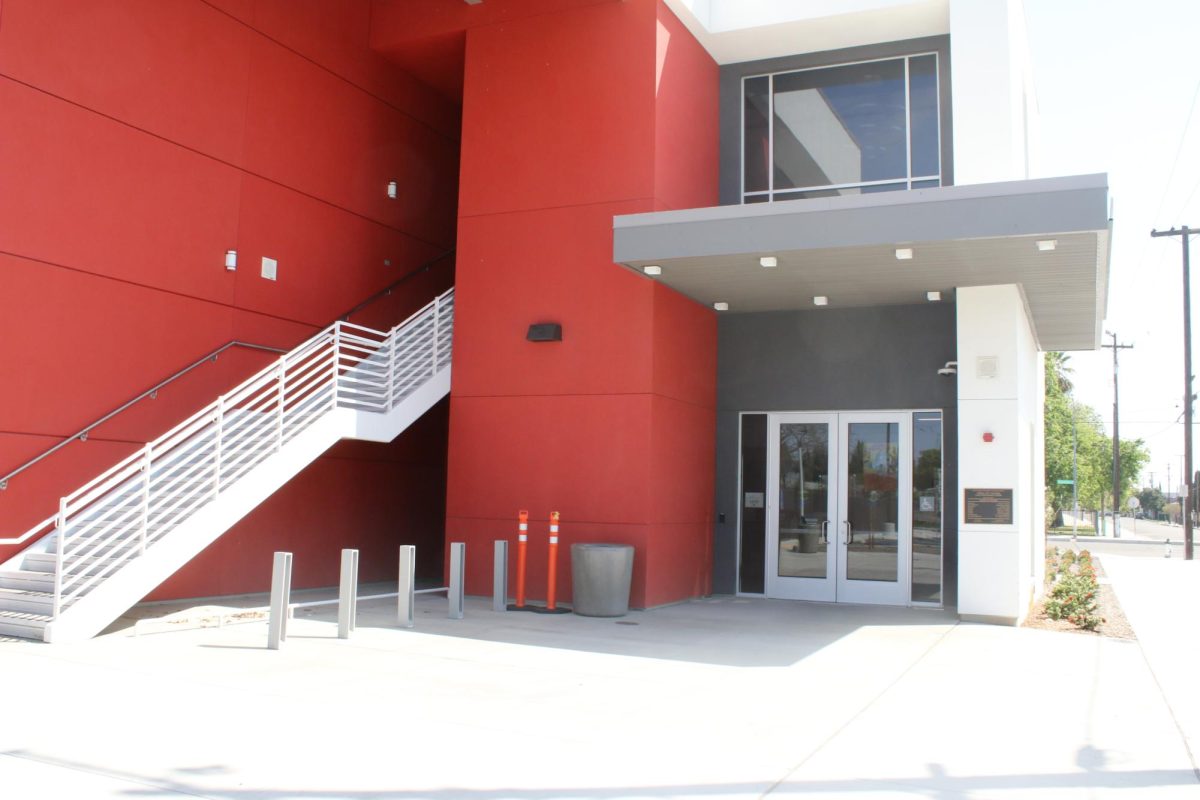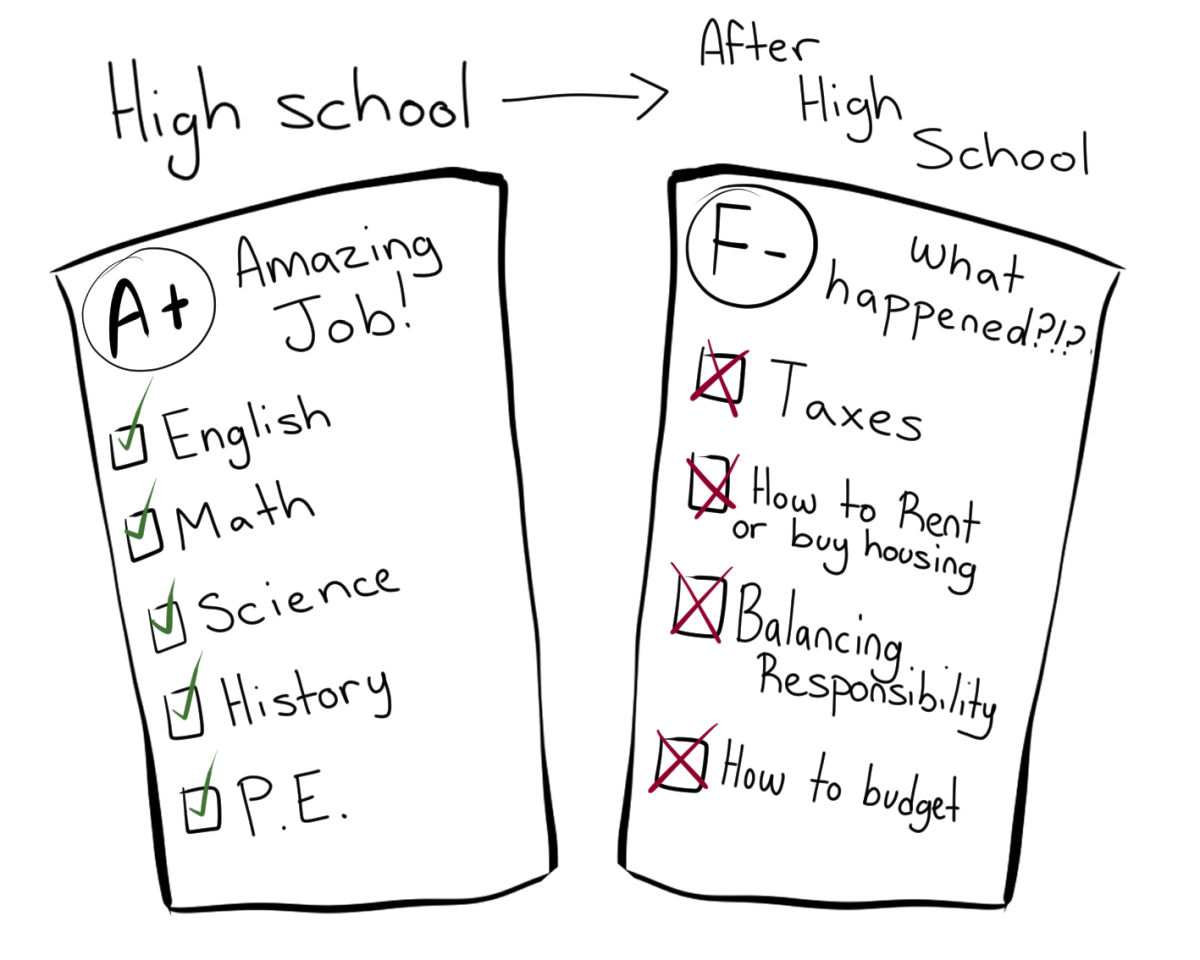“Education seems to be in America the only commodity of which the customer tries to get as little he can for his money.”
Max Leon Forman, Jewish-American writer.
Since we were children, American society has placed an increasing stress on its citizens to attend college. We were taught in elementary to try and succeed in order to prepare for high school. High school is preparation for college, which once we finish, will guarantee us a successful career that will provide financial stability.
Students work through college with the ambition to be a doctor, an engineer, a scientist, or a number of different occupations. Many students take out loans that they will have to pay back and spend years in college to try and graduate with a degree in their chosen profession.
While I respect the romantic ideal that perseverance in college will help them accomplish their goals, a college education does not necessarily guarantee a college graduate employment once he enters the work force. According to the Bureau of Labor Statistics, the unemployment rate for college graduates is at 4.3 percent and with more college graduates entering the work force, there is more competition for jobs.
There is no question that students should strive to be as successful as they can during their college career, however, they should also ask themselves if the education they are pursuing will adequately support their future needs.
Because of all the stress that has been placed upon attending a college or university, a subconscious elitist view of education and the work-force is held by many people. Students will study for years in their field of interest and almost exclude other fields of study because they are preoccupied with finishing college. Since they spend so much time pursuing their studies to gain knowledge, it is difficult to get a job in their chosen field or gain any experience or skills.
During these economic times of hardship and tribulation, it is not surprising to see former white collar employees with graduate degrees working blue collar jobs. We are familiar with a CEO working at a restaurant or graduate students with four year degrees waiting tables. Their college investments have yet to compensate them with a secure job.
Because of all the stress that has been placed upon attending a college or university, a subconscious elitist view of education and the work-force is held by many people. Most people do not choose to go to a technical school and gain technical degrees for jobs that are in demand.
People are more likely to want to go to college to become a doctor than a plumber because a doctor makes more money. A doctor gains much more respect because of his training and his title. In order to become a doctor one must complete many courses over a number of years.
Ask yourself however, who has done more for public health; a doctor or a plumber?
Even after a student does graduate college he will not be guaranteed a job. He will have spent many years of his life at school and may have astounding student debts to pay.
It is important of course, for students to strive to succeed through their college career. It is important that they complete the work that will guarantee them their desired degree. However, it is also important that they gain other forms of knowledge that may not pertain to their future profession. There are opportunities in college to gain a diverse collection of knowledge.
Colleges do provide courses that offer technical degrees and training. Students can earn a degree to support their school career and also to have experience to fall back on in case their plans do not come to fruit.
I do not contend that students should drop out of high school or stop pursuing their aspirations. But they need to question their place in college and what they really want to do. I mean, it only affects their future.







